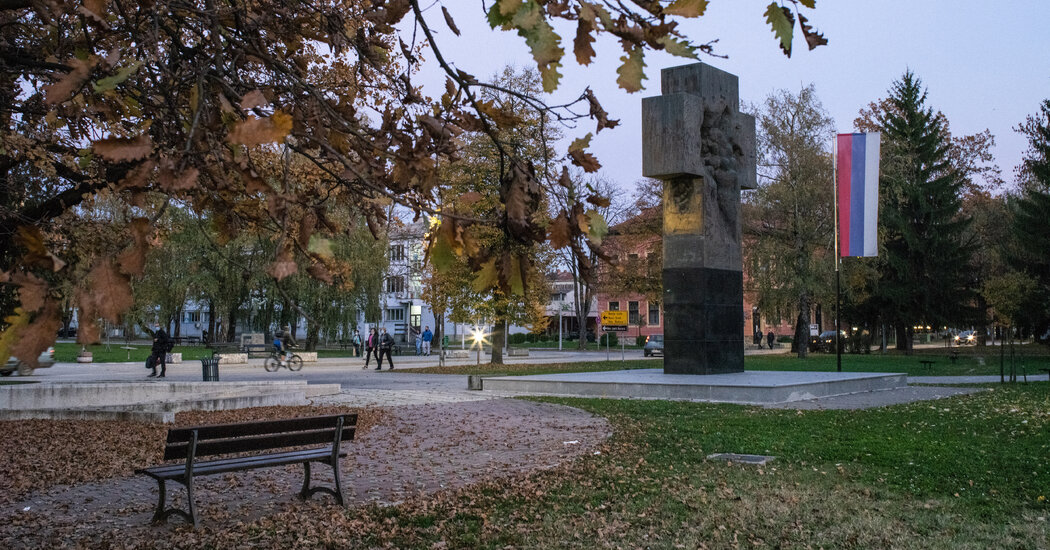
It was in Sarajevo, Bosnia’s capital, that a teenage Serb nationalist set off World War I by assassinating an Austrian archduke in June 1914, and where the seemingly deranged rants of a Serb psychiatrist, Radovan Karadzic, presaged a three-year spree of bloodletting in the 1990s. Those Balkan wars left roughly 140,000 people dead, drew in NATO warplanes and soldiers and created a rift between Russia and the West that remains today.
Now the United States and the European Union, which Bosnia aspires to join, are desperate to stop the new crisis from escalating into conflict, or creating the sort of political instability that Russia could exploit. Russia, which wants to prevent Bosnia from joining the bloc or NATO, is already siding with Mr. Dodik.
The frictions in Bosnia are rooted in the 1995 Dayton peace agreement, brokered by the United States. The deal stopped the fighting but created an elaborate and highly dysfunctional political system, with a weak central authority in which different ethnic groups share power. The trio of elected presidents are Mr. Dodik, who represents Serbs, Mr. Dzaferovic, who represents Bosnian Muslims, known as Bosniaks, and Zeljko Komsic, an ethnic Croat.
Mr. Dodik has made noises about Serb secession for more than a decade but has never before prompted such a volatile crisis. A report in October by the United Nations’ senior official in Bosnia, Christian Schmidt of Germany, described the situation as “the greatest existential threat” to the country’s survival since the early 1990s.
Mr. Schmidt, in a recent interview, played down the risk of a return to bloodletting and said he expected Mr. Dodik to back off his threat to form a separate ethnic Serb army.
Among many Bosnians, however, fear is again on the march.
When Mr. Schmidt met in mid-December with students at a vocational school in Tuzla, a town where Bosnia’s different ethnic groups have tended to live in rare harmony, he was repeatedly asked what he was doing to prevent a return to war.



